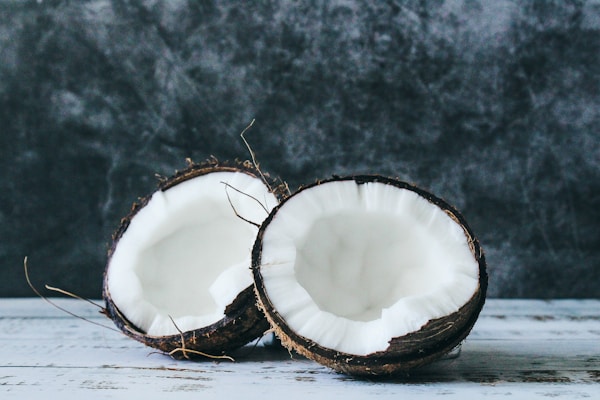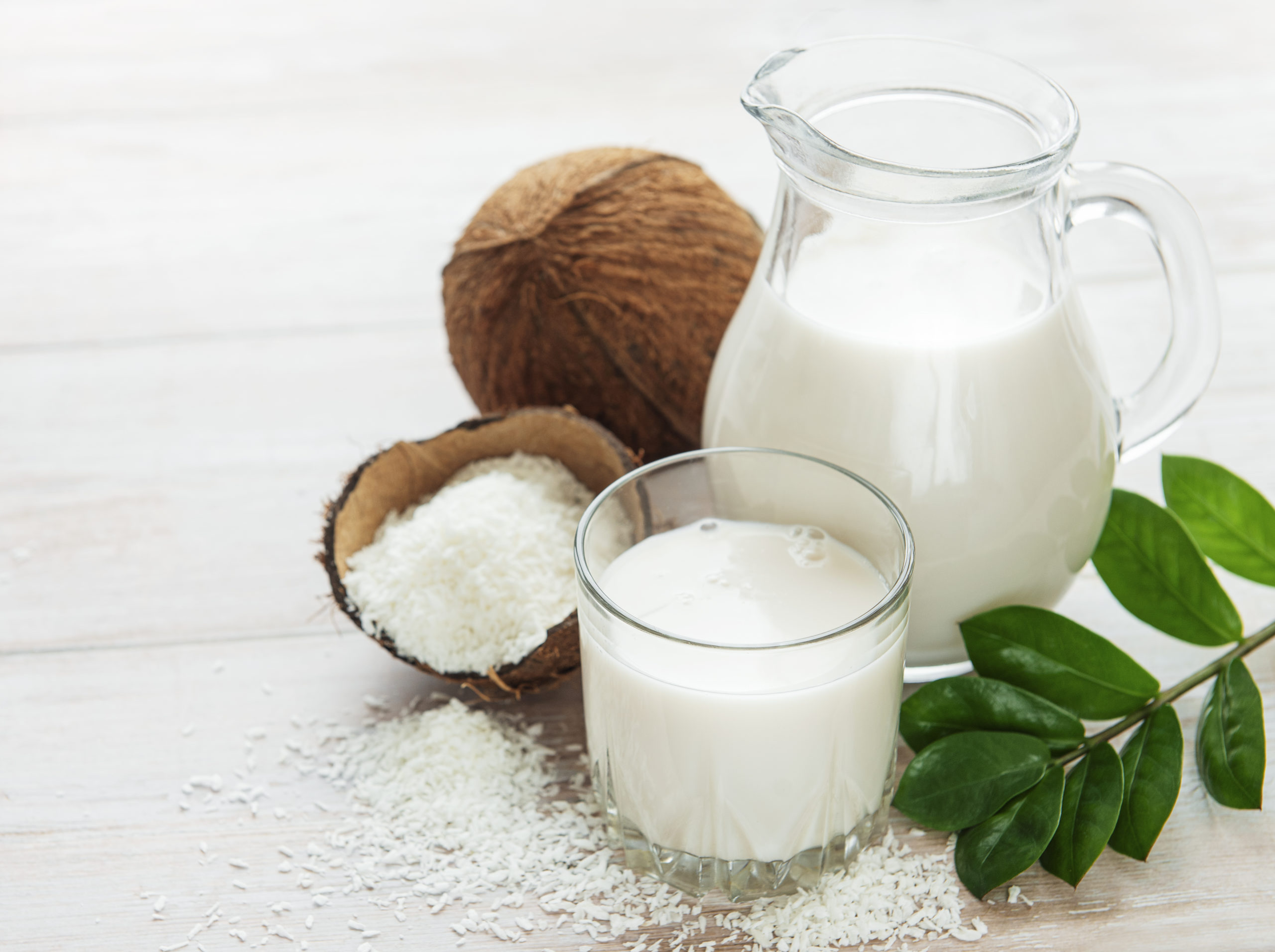Plant-based milk is on the rise, and for a good reason. It has been shown to have a wealth of health benefits, including reducing the risk of heart disease, stroke, and type 2 diabetes. In addition, plant-based milk is lactose-free and can be a great option for those with dairy allergies or sensitivities. There are a variety of plant-based kinds of milk on the market, all of which offer different benefits. Some of the most popular varieties include hemp milk, almond milk, and coconut milk. But what are the differences between them, and which one is the best for you? Keep reading to find out the nutritional value of different types of plant-based milk and why you should strive for better milk alternatives.
Coconut Milk

Coconut milk is a dairy-free, vegan-friendly alternative to cow’s milk. It’s also lactose-free, gluten-free, and cholesterol-free. Coconut milk is made by grating the coconut meat and mixing it with water. The milk is then strained to remove the solids. Coconut milk is high in saturated fat, but it contains a unique type of saturated fat that is beneficial for your health. Coconut milk is also a good source of minerals, including potassium, magnesium, and copper. Some people believe that coconut milk can help improve your cardiovascular health by reducing bad cholesterol and increasing good cholesterol. Coconut milk may also help improve your blood sugar control and reduce your risk of developing type II diabetes.
Flaxseed Milk
Flaxseed milk is plant-based milk that is made from ground flaxseeds. It is a good source of fiber and omega-3 fatty acids, and it has a high nutrient density. It is also a vegan source of calcium and vitamin D. Here is a closer look at the nutritional value of flaxseed milk:
- Fiber: Flaxseed milk is a good source of fiber. A one-cup serving of flaxseed milk provides 5 grams of fiber, which is 20% of the daily recommended intake. Fiber is important for digestive health, and it can also help to regulate blood sugar levels and cholesterol levels.
- Nutrient density: Flaxseed milk is a high-nutrient food. It is a good source of fiber, omega-3 fatty acids, and several other vitamins and minerals. This makes it a healthy choice for people who are looking for a nutrient-rich alternative to dairy milk.
- A vegan source of calcium and vitamin D: Flaxseed milk is a vegan source of calcium and vitamin D. A one-cup serving of flaxseed milk provides 300 milligrams of calcium and 2.5 micrograms of vitamin D. This is important for people who follow a vegan diet and may not get these nutrients from other foods.
Hemp Milk
There are many reasons to add hemp milk to your diet. Hemp milk is a great source of plant-based protein, essential fatty acids, vitamins, minerals, and antioxidants. It is also low in calories, sodium, and sugar. One cup of hemp milk provides 10 grams of protein, making it a great choice for vegetarians and vegans. It also contains high levels of omega-3 fatty acids, which are beneficial for heart health, and GLA (gamma-linolenic acid), which has anti-inflammatory properties. Hemp milk is also a good source of calcium, magnesium, phosphorus, potassium, and zinc. Studies have shown that hemp milk can help improve blood sugar control in people with type 2 diabetes and may also help protect against cancer. It is also a good choice for people who are allergic to dairy or soy.
Almond Milk

Almond milk is a dairy-free drink made from ground almonds. It is a popular choice for those who are lactose intolerant, and it has a high nutritional value. Compared to cow’s milk, almond milk is lower in calories, but it is high in monounsaturated fats and vitamin E. It also contains minerals such as potassium, magnesium, and calcium.
Overall, plant-based milk provides many essential nutrients that are beneficial for human health. Some types of plant-based milk, such as soy milk, are especially high in protein and fiber. All types of plant-based milk are low in saturated fat and cholesterol and provide essential vitamins and minerals.

